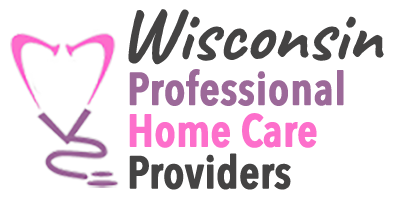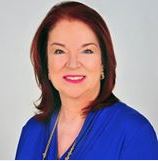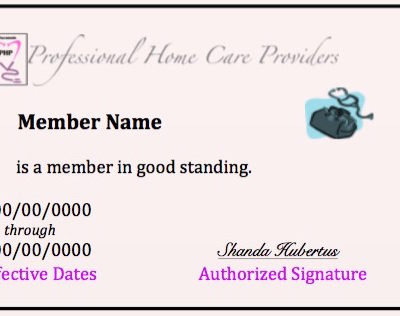There are times nurses must draw on moral courage, and to draw on it, they need a working definition.
“Moral courage is the ability to overcome your fear and stand up for your core values and your ethical obligations as a nurse,” said Vicki Lachman, PhD, APRN, MBE, FAAN, a member of the American Nurses Association Center for Ethics and Human Rights Advisory Board and an expert on the topic.
“It’s not without fear,” she added. “You might shake and have tightness in your chest, with all the symptoms of anxiety, but you stand up anyway.”
Lt. Col. John S. Murray, PhD, RN, NC, expanded the definition, saying moral courage is when individuals stand up for their ethical beliefs or moral principles when there’s an unethical situation, whether in clinical practice, education, research or administration. Also an expert on moral courage and ethics, Murray is the director of education, training and research, Joint Task Force National Capital Region Medical, Bethesda, Md., and a member of the American Nurses Association Ethics and Human Rights Advisory Board. He is retired from the U.S. Air Force.
Moral courage values
Lachman described five values common to moral courage, as stated by Rushworth Kidder, who she said “wrote the book on moral courage.” Kidder’s research showed that honesty, respect, responsibility, fairness and compassion are universal traits held by morally courageous individuals.
Respect, Lachman pointed out, is not just toward others, but also maintaining respect for oneself, which involves not allowing another person to treat you in a disrespectful way.
Nurses must self assess to understand their own quota of moral courage in preparation for confronting unethical behaviors. Murray recommends they start by developing moral sensitivity.
“Take time to reflect on one’s own personal and professional values and on one’s moral obligations,” Murray said. As nurses, we all have the obligation to those we serve to do the right thing, which means speaking up when an unethical situation occurs that could jeopardize patient safety, he added.
Nurses also must recognize that they might endure adversity for an extended period when they confront and address unethical behavior, according to Murray.
Because exerting moral courage to speak up when an unethical situation arises is risky and creates anxiety, Lachman advises nurses learn self-calming techniques. “Know a relaxation strategy to calm yourself. Tell yourself, ‘I can manage this.’”
Nurses also must assess the risk. She said a nurse must believe that the outcome of speaking up is worth the risk.
“If you [saw]someone break sterile technique and you don’t speak up, the risk is the patient having an infection,” Lachman said. The risk is worth [speaking up].”
Both Lachman and Murray recommend nurses spend time gaining an understanding of the ANA’s Code of Ethics. They agree most nurses don’t know what the code says.
In developing moral courage, Murray encourages open dialogue about ethical principles, the use of case studies and discussion with ethics consultants.
Issues in multiple settings
Areas where moral courage issues arise include clinical practice, research and academia.
Lachman considers the most frequent issues in which nurses must exert moral courage are end-of-life situations, including advanced directives and informed consent. She added other common scenarios are bullying among healthcare staff and social media situations.
In clinical practice, Murray thinks one of the most common situations is reporting an impaired provider. “This is a perfect example [of unethical behavior]because of the potential for interference with patient care and safety,” Murray said.
Murray said a nurse also may need to summon moral courage outside of the clinical setting. If they witness misconduct, which goes against the very strict guidelines governing research, such as funding issues or findings published early for personal reasons. In academia it can occur when faculty members are asked to pass a failing student to uphold the school’s standing, according to Murray.
“We need to frame moral courage in a positive manner so it doesn’t have the negative connotation that is has for so many people,” Murray said. “All healthcare organizations and professionals, not just nurses, have the professional responsibility to uphold a high ethical standard.”
He said some healthcare organizations have an issue with ineffective leadership, which can result in leaders who don’t promote moral courage and won’t address the ethical dilemmas their nurses face.
Organizational cultures can foster moral courage by ensuring nurse leaders at all levels create a workplace where moral courage is not only accepted, but is encouraged and expected, Murray said. To do so, policies and procedures must be in place to uphold ethical behaviors, and nursing leaders must empower staff to speak up.
Lachman said it’s important for nurses to remember that they don’t have to face unethical behavior alone.
“There’s a national movement to a culture of safety,” she said. “If a nurse sees someone who’s violated the culture of safety — whether by not washing their hands, or not disposing of narcotics according to policy — we need to have the courage to speak up.”
For more National Nursing News visit: https://news.nurse.com/national/





